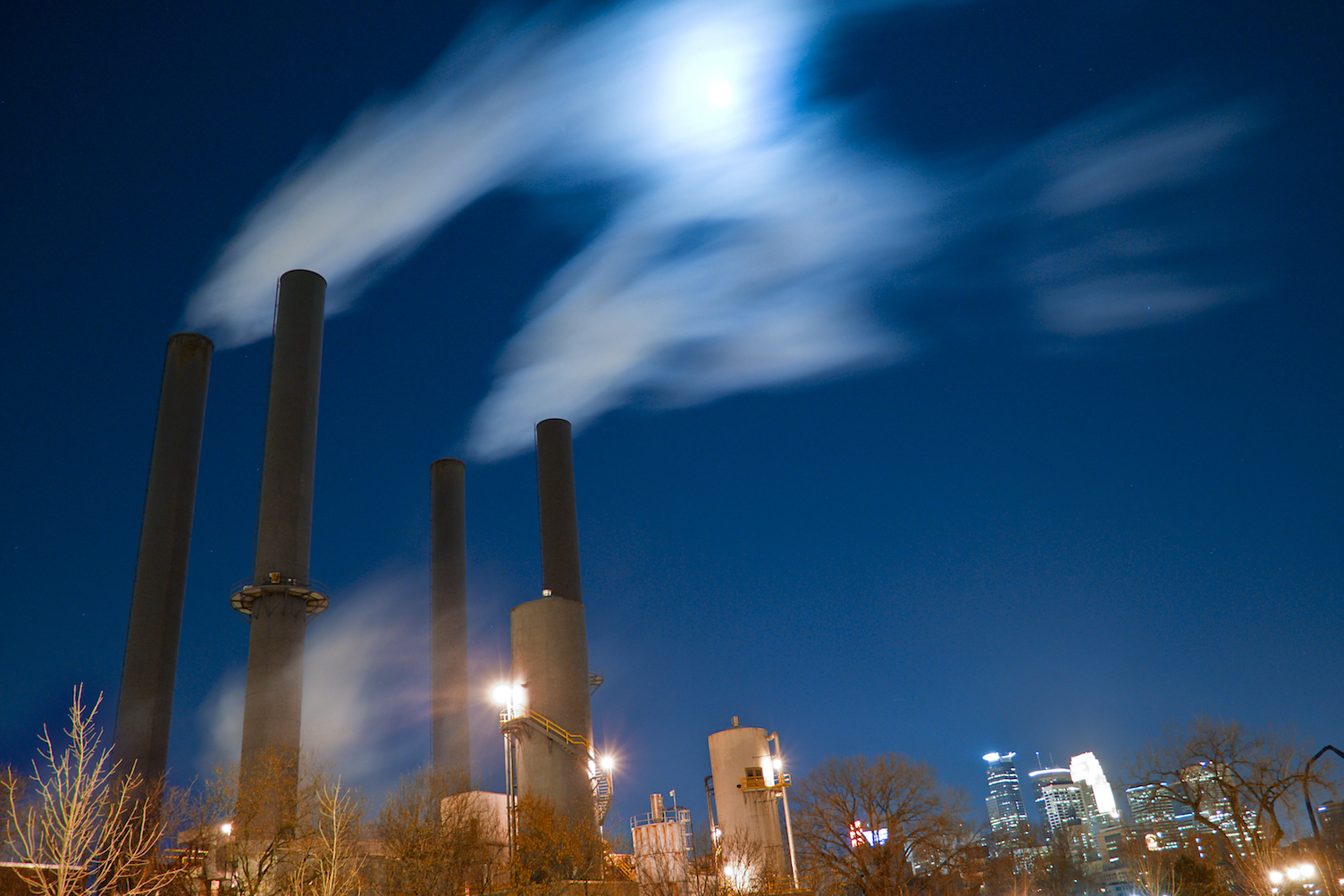„Poland has to present constructive propositions in Brussels, Berlin and Sofia so that together with other states we could propose a reform of the EU ETS at the European level. Together we can set a price, which will encourage changes, but will also add new investments,” Krzysztof Kilian, former CEO of PGE, said.
BiznesAlert.pl: Can the National Agency for Energy Security help to save the energy industry?
Krzysztof Kilian: This reform may reconfigure Poland’s energy sector, but to make a statement for which I can take full responsibility, I would have to be familiar with the entire project. I only heard about it from the Minister of State Assets, who spoke about separating and consolidating coal assets on the basis of PGE GiEK. It is not clear how the price evaluation will be conducted and what the organizational model will be. The government is still working on this document, and we need to keep tabs on what is being decided to assess the chances at its implementation. Possibly it will be bankrolled by the Recovery Fund.
Can this process be done without amending the law?
It will be difficult, because in reality we are introducing a revolution on the market. We are rebuilding organizational and business models of state owned companies. Nobody knows what this will look like in practice. The companies should present their vision on how they want to function in the new organizational model, while the regulator should make clear how to minimize the negative impact on energy consumers.
The reform will be under the pressure of the spiking CO2 emission allowances prices. What is the context of Poland’s suspicions about speculation?
It’s easy to talk about speculation, but it is more difficult to perceive positive ways to solve the problem of growing CO2 emission prices. These prices were to go up as of 2020 and from the beginning it was obvious this would happen. Now we are realizing this will actually happen. Some of the allowances have been in the process of withdrawal since 2013 as part of the market stability mechanism, and countries that are very dependant on an energy industry that produces a lot of emissions receive free allowances. The money they earn this way is to be invested in modernizing their energy industries. This is not happening in Poland. Between 2019 and 2020 the Polish government earned about PLN 23 billion on selling the allowances at a special exchange in Leipzig. This year the Polish government has already earned about PLN 5 billion, which could be a backup for the price of emissions. The discussion on reforming the EU ETS is ongoing. The allowances are securities, so there are speculators who trade allowances without being able to generate power. We may eliminate the possibility of this kind of trade, or reform the system to make it efficient. To a large degree the system does work, because the majority of the EU states are already undergoing an advanced energy transition. Poland is far behind, because it has started implementing this process only recently. One could consider the establishment of a European pool of allowances and split the CO2 costs through credits, write offs and monitoring of the energy transition progress. This is how we may help the states that are struggling with high CO2 prices, and not throw the baby out with the bathwater. The point isn’t to lower the price to EUR 100 per ton, because it will make the restructuring and new investments impossible, the point is to phase out coal. If we want to achieve this and the CO2 price puts into question the investments necessary to rebuild the energy industry in, e.g. Poland, or even Germany, the system should be reformed. Germany has a social agreement on phasing out coal by 2038, but as long as the coal is in use, CO2 emission prices may impact the German, Czech, Greek or Bulgarian economy. If these assets could be grouped in one pool and then written off to continue decarbonization, a credit that will not be a burden for the energy system will emerge, and it will make it possible to rationally rebuild the power industry.
This summer the EU will discuss the reform of the EU ETS. Can Poland take an active part in this debate?
Poland has to present constructive propositions in Brussels, Berlin and Sofia so that together with other states we could propose a reform of the EU ETS at the European level. Together we can set a price, which will encourage changes, but will also help starting new investments.
Is there still time to reform the coal sector in Poland?
Our power industry is stuck in mid-20th century. This is not just about lowering emissions, but also about investing in innovations and new business areas. This is an opportunity to grow. The economy is changing. We cannot ignore this and stick to the old ways at any cost. New generations that are entering the social and economic life will be listening to the voices of the future. We have to prepare a friendly, healthy and attractive world for the future.
Interview by Wojciech Jakóbik









